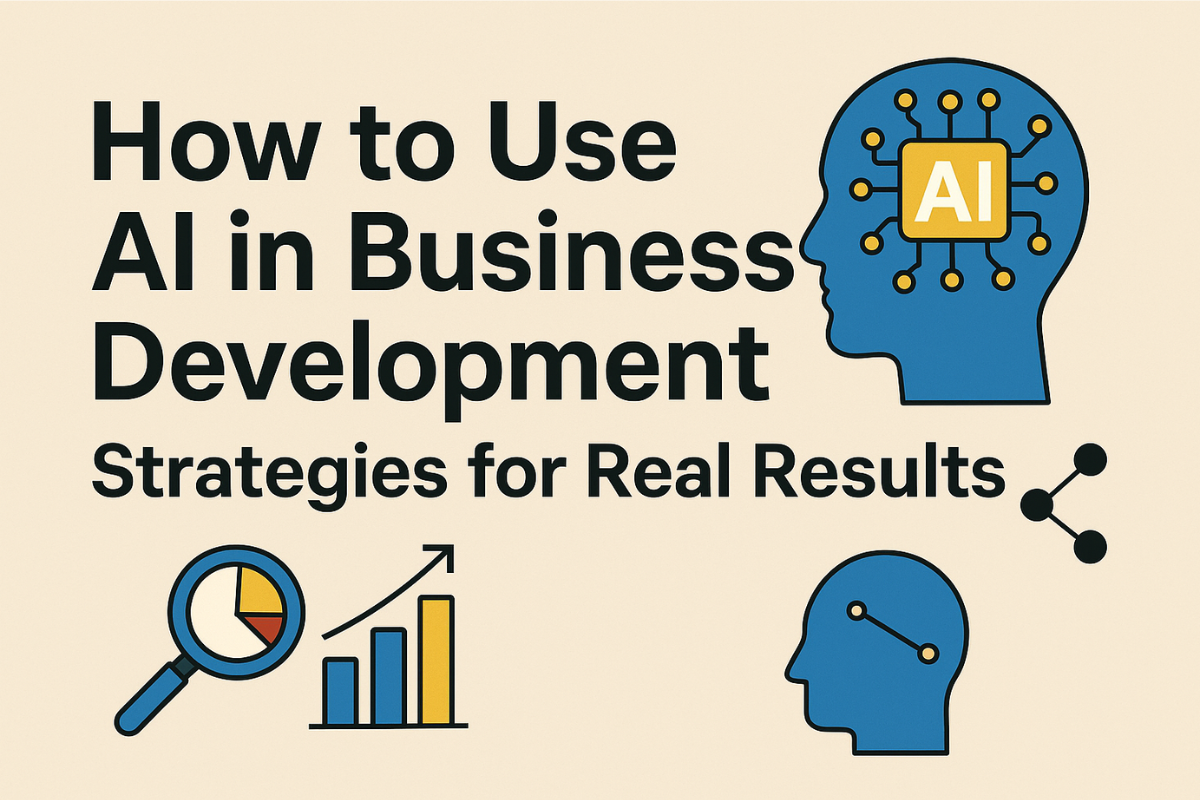With all our modern-day digital world we live in, with financial and grocery purchases being done on the internet, cyber security has become one of the hot debated topics, but also it has become one of the hottest needs. However, a question on the mind of many people who might want to find their way into tech can be asked: Is Cybersecurity Hard?
The answer is not yes or no. Cybersecurity may be even difficult at the initial stage. However, the right attitude, materials, and motivation make it well within reach and a real pleasure to work in. This is the article where we address what makes cybersecurity challenging (or not) and the type of skills required as well as why it is one of the most promising career choices in the world now that even a non-technical professional can perform the job.
Table of Contents
ToggleWhy Cybersecurity Seems Hard to Many
1. The market is always changing:
Cybersecurity does not remain the same. New threats appear every single day, zero-day vulnerabilities, phishing, ransomware attacks, and advanced malware. The practitioners should keep updated with these threats and the ways in which to counter them. Such a flow of changes may become overwhelming on the part of people who are set on routine, predictable tasks.
However, on the other hand, when you are one of those people who likes puzzles, keeps your brain alert and never-ending striving to learn new things, then this setting can be extremely rewarding and stimulating.
2. Deals with Technical Knowledge:
It cannot be disputed that cybersecurity has a technological aspect. It usually entails knowing:
- Architecture and protocols of the network
- Operating systems (particularly the Linux internal and Windows operating systems)
- Intrusion detection systems and firewalls
- Encryption and cryptography
- Python, Bash or PowerShell are the languages of programming
- Penetration testing tools and ethical hacking Ethical hacking and pentesting tool
Now that may seem complicated, but just as a language-learner, you do not have to know it all on the first day. It is not uncommon that among the professionals, depending on their background, some may have basic cybersecurity skills and develop them over a period of time.
Why Cybersecurity Is NOT as Hard as It Seems
Although it might seem that there can be a steep learning curve at the beginning, most people find that the more they learn about it, the easier and less artificial cybersecurity becomes. Here’s why:
1. There is a lot of Learning Resources to Find:
On the Internet you can find amazingly much stuff that is easy to get into. The source of information is available, whether on interactive websites, such as TryHackMe, Hack The Box, and Cybrary, on YouTube, or during bootcamps, even to complete novices.
And there is the fact that most colleges and online institutions have developed programs that certify learners on cybersecurity (such as CompTIA Security+ certification, Certified Ethical Hacker (CEH), Certified information Systems Security Professional (CISSP) and many others) in order to increase their skills in an organized format.
2. Supportive Community:
The cybersecurity community is among the most encouraging and assistive ones in the field of technology. You can ask a simple question on the subreddit /r/cybersecurity, network with others through LinkedIn, or talk to like-minded people on Discord groups and find individuals who want to assist and guide you and mentor you.
3. There are Many Entry Points:
Not every hacker is a coder or a computer science graduate to get into cybersecurity. Actually, a number of successful professionals have varied backgrounds such as law enforcement, military, psychology, teaching, etc.
Some of the roles in cybersecurity include:
- Security analyst
- Security Operations Center analyst
- Incident responder
- Intelligence analyst
- Penetration tester
- Governance, risk, and compliance (GRCS) expert
- An analyst of identity and access management (IAM)
Not every single one of them demands hardcore coding abilities or heavy technologies. There are positions that are more policy orientated or risk analysis orientated or behavioral.
Core Skills Needed for a Cybersecurity Career
You also should not know everything, but the following are some of the base skills that could help:
Technical Skills:
- Knowing networks: movement of data, the protocols employed (TCP/IP, HTTP/S etc.)
- Knowledge of operating systems: Linux and windows security concepts in particular
- Security technologies: Wireshark, Nmap, Metasploit and endpoint protection products
- Cloud security: Fundamental knowledge of how to secure the cloud such as AWS, Azure,Google cloud
Soft Skills:
- Problem-solving: Hackers are inventive in their ways of thinking–the same should be done with you.
- Attention to detail: Winkle’s mistakes amount to big breaches.
- Communication: Being able to explain security matters to human beings who do not speak the technical language is a big plus.
- Adaptability: Security is quick paced; one should be adaptable.
Can Cybersecurity be Learned without a Technical Education?
It is one of the greatest enemies of career switchers. So, the truth of the matter is you can learn cybersecurity even as a non-technical person.
What helps:
- Check the fundamentals: Find out more about the functioning of computers and networks as well as the internet.
- Start with easier sites such as TryHackMe, which has a specific Complete Beginner trajectory or Codecademy, which has an intro to cybersecurity course.
- Do not hurry: Go at your own speed. The field of cybersecurity is so broad, you will always be learning.
- Pick a single field initially: It is not possible to do it all at once. To give an example, begin by getting to know how to protect home Wi-Fi networks or how phishing occurs.
Thousands of professionals have a non-tech background today who are working as analysts, consultants or ethical hackers.
How Long Does It Take to Learn Cybersecurity?
This is dependent upon your objectives and the amount of time that you have available. A crude division
- 3-6 months: This is sufficient to understand the basics, do an entry level certification like Security+, and secure an entry-level position.
- 12+ months: even more specialization (ethical hacking, cloud security, forensics, etc.)
- 1-2 years Getting hands-on experience and targeting positions in the mid or better levels
It just requires steady practice-oriented learning–some people can devote 1 hour a day and over the course of time, make tremendous gains.
Is Cybersecurity a Good Career?
Absolutely. Here’s why:
1. High Demand:
There is a demand for cybersecurity professionals around the whole world. As stated by (ISC) 2, the global demand of cybersecurity experts is lacking by more than 4 million workers. Firms both big and small are recruiting-startups to the Fortune 500 companies.
2. Great Salaries:
Even low level cyber positions begin around $60,000-80,000 per year and those at the middle or specialized (such as penetration tester or a cloud security engineer) tend to pay six figures fairly easily.
3. Job Security:
So long as there are any sorts of digital systems, there will be cyber threats, and the latter implies constant demand for defenders.
4. Feel Good Work:
Cybersecurity is not only economic issues, but protection of individuals and corporations. And the work you do is truly making a difference, in keeping the hospitals online, and journalists safe.
Final Thoughts
Cybersecurity is not easy to achieve but by no means impossible. All that is needed is the right attitude, continuous learning, and the desire to solve problems, and one can crack this in-demand industry. It provides high professional development, job stability, and an opportunity to generate a tangible change. Hence the question: Is cybersecurity hard? It can be at times, but it is also one of the most fulfilling careers you can choose.









